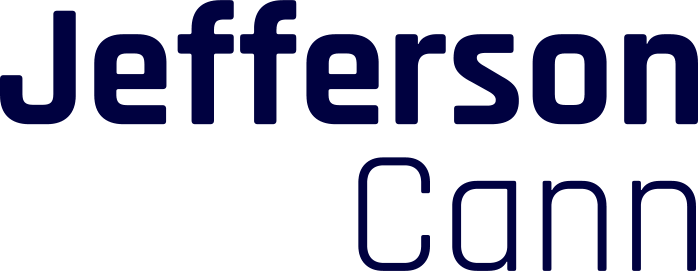One of the most difficult things to remember is that what you want to say matters far less than what they need to hear. This is the essential principle behind clear and efficient communication.
So, if it is so simple, why is so much energy, time and money wasted through bad communication? Why, when we are all drowning in data, information, metrics, e-mails, texts, tweets and apps, is “communication” always one of the key issues in staff surveys and organisational development?
The thing is, we are surrounded by the overwhelming noise of what everyone wants to tell us, not what we want, or need, to hear.
Of course, this is because we are all so busy – we don’t have time to have a nice in-depth chat with everyone. There’s so much to do and, quite frankly, I don’t actually care if you don’t really like it or understand why – it just needs to get done and you’re the one to do it! And it is through the cracks of incomprehension, resentment, lost initiative, disengagement and plain alienation created by this approach that so much money and effort disappears.
The deeper reason is that in order to speak in the way that our people need to hear, we have to listen and ask questions first, and speak later. We all “know” this, and also know that a short amount of time invested in questioning and listening up front saves heaps of time and trouble later … so why don’t we do it?
Because it means that we have to make ourselves vulnerable, and face the fear that we may be wrong, that we may not be perfect or fulfill the deep stereotype of the strong, heroic leader that drive so many of us. It is the avoidance of this fear of vulnerability that leads to so many of us behaving in ways that we know we shouldn’t.
We  forget that the whole point of leadership is to enable ourselves and others to do what has never been done before – new actions, new place, new time, new people – and, therefore
forget that the whole point of leadership is to enable ourselves and others to do what has never been done before – new actions, new place, new time, new people – and, therefore
, we don’t know the best way to do it. We may be the ones with the vision, but we know that our idea of achieving it is just the best working hypothesis that we have. How liberating it can be for ourselves and others to admit that we don’t know, that our view is just one of many and, by definition, other people know things and see things that we literal
ly cannot know and see.
The great leader, like the great scientist, strong in their vision of the desired future, submits their “working hypotheses” to be challenged, shaken and stirred, kicked around and honed by discussion to make sure that it is as close to the best, most complete, most robust answer possible to the problem.
So, having the courage to be vulnerable, to admit that we are not perfect and don’t know, can transform our relationships and performance:
- It means that we ask others what they think … which means that they feel valued and engaged
- It means that the issue and the solution moves from “mine/his/hers” .. to “ours”
- It means that the burden is shared … leadership is “distributed’ and we can get on with other things
- It means we really can hire those people who can do the job better than we can
- It means that we become aware of others views, strengths and weaknesses … and can help them apply them most effectively
- It means we become aware of others and are able to connect with them … and transform relationships for the benefit of all
- It means that we know what language to speak to them in … what they need to hear to create maximum engagement and commitment … providing maximum productivity and fulfillment
All this from asking others what the world looks like from their point of view and listening to their language to increase our awareness, our ability to connect and to effect the transformations we need …

